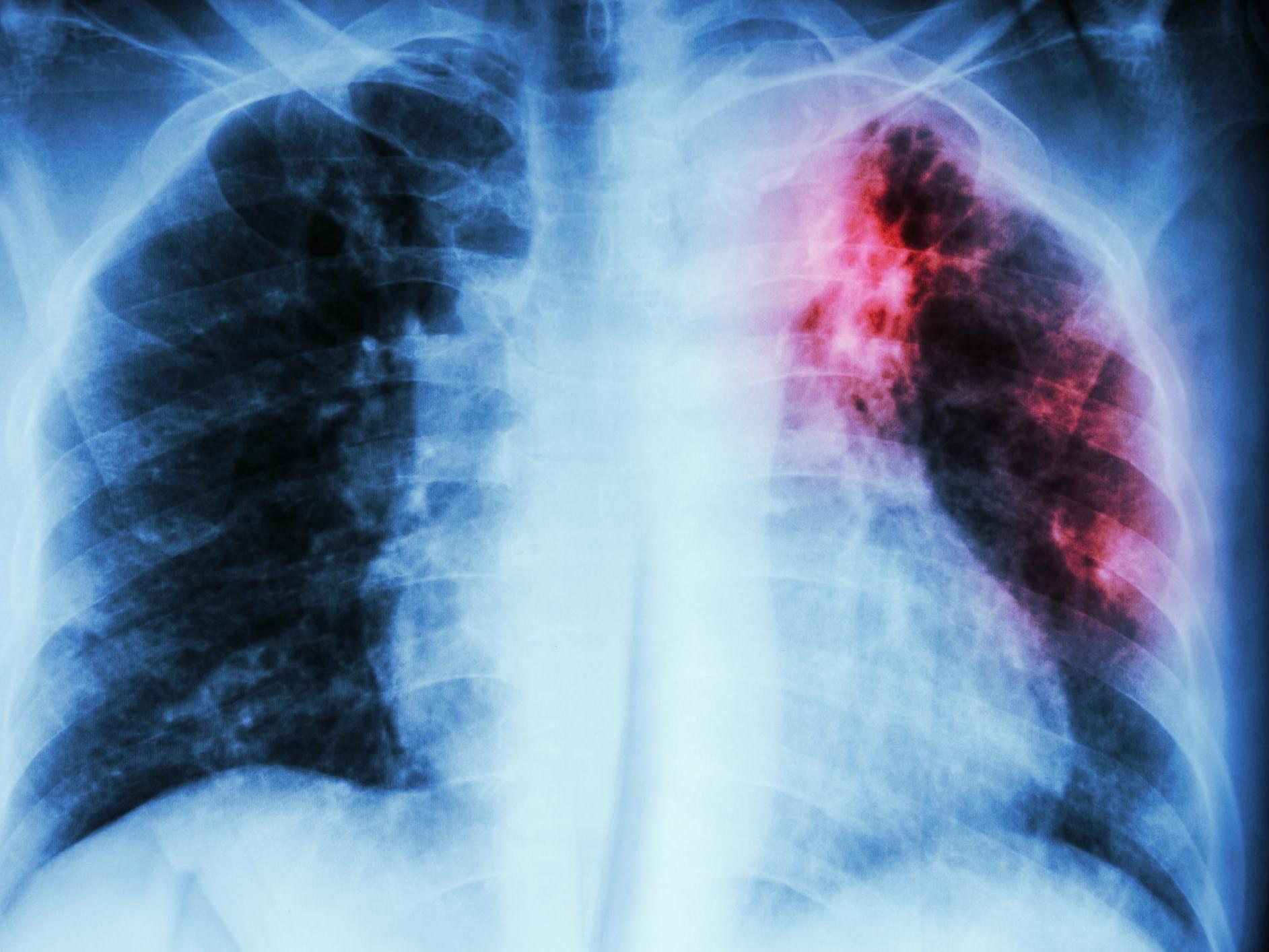Injecting TB vaccine directly into the bloodstream could save lives worldwide, suggests new study
Nine out of 10 animals inoculated intravenously became highly protected from bacterial infection

Your support helps us to tell the story
From reproductive rights to climate change to Big Tech, The Independent is on the ground when the story is developing. Whether it's investigating the financials of Elon Musk's pro-Trump PAC or producing our latest documentary, 'The A Word', which shines a light on the American women fighting for reproductive rights, we know how important it is to parse out the facts from the messaging.
At such a critical moment in US history, we need reporters on the ground. Your donation allows us to keep sending journalists to speak to both sides of the story.
The Independent is trusted by Americans across the entire political spectrum. And unlike many other quality news outlets, we choose not to lock Americans out of our reporting and analysis with paywalls. We believe quality journalism should be available to everyone, paid for by those who can afford it.
Your support makes all the difference.A century-old vaccine used widely against tuberculosis has been shown to provide almost complete protection against the disease when injected intravenously, a new study carried out in monkeys has suggested.
Tuberculosis (TB) kills more people globally than any other infectious disease – 1.5 million people in 2018 alone – despite the use of a vaccine which protects against one form of the disease but is unreliable against the main form of TB.
Now a new study, published in the journal Nature, has found delivering the vaccine direct to the bloodstream, rather than under the skin, led to near-total protection in a group of rhesus macaques.
The original vaccine against TB, Bacille Calmette-Guerin (BCG), was developed a century ago and is given to infants via a needle under the skin. It protects against non-lung forms of TB but is far less effective against TB infections of the lung, which is the major cause of illness and deaths.
Researchers from the US National Institute of Allergy and Infectious Diseases (Niaid) and University of Pittsburgh School of Medicine, have shown changing the dose and route of administration increased the vaccine’s ability to protect rhesus macaques from infection following exposure to the TB causing bacteria.
The findings could support clinical trials to determine whether the route is as effective in humans.
In the study, groups of monkeys received the vaccine under the skin, as an aerosol or intravenously. The scientists assessed the immune responses after 24 weeks and found intravenous vaccination resulted in the best protection.
Six months after vaccination, the researchers exposed the animals to a virulent strain of TB-causing bacteria and tracked the animals for three months.
Nine out of 10 animals vaccinated intravenously were highly protected; six showed no detectable infection and three had only very low counts of bacteria in lung tissue. All unvaccinated animals and those immunised via the skin or aerosol routes showed signs of significantly greater infection.
Study author JoAnne Flynn, professor of microbiology and molecular genetics at the Pittsburgh Centre for Vaccine Research, said: “The effects are amazing. When we compared the lungs of animals given the vaccine intravenously versus the standard route, we saw a 100,000-fold reduction in bacterial burden. Nine out of 10 animals showed no inflammation in their lungs.”
The researchers cautioned that before the method could be used in humans further research is needed to ensure it is both safe and practical. An intravenous vaccine requires more skill to administer and carries a higher risk of infection.
“We’re a long way from realising the translational potential of this work,” Ms Flynn said. “But eventually we do hope to test in humans.”
Join our commenting forum
Join thought-provoking conversations, follow other Independent readers and see their replies
Comments